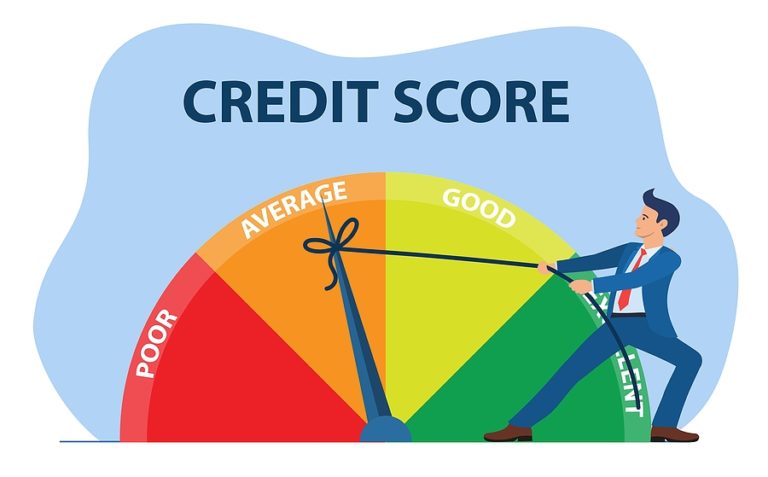Understanding Credit Scores
Credit scores are numbers used by mortgagers to determine whether borrowers can repay on time when offered a loan or credit card. Your credit scores are based on your credit history. Furthermore, your FICO score ranges from 300 to 850. A decent credit rating is essential for financial well-being because the higher it is, the lower your credit risk. There are two types of credit ratings: general credit scores and custom credit scores.
Types of Credit Ratings
Generic credit scores
Many types of lenders and businesses use general credit ratings to help determine overall credit risk. You can calculate your generic credit score as one score by using the same formula for all three credit agencies.
Custom credit scores
Private lending companies are commonly using personalized credit reports. They rely on credit records and other information, such as account history from lending institutions’ portfolios. They are unique to specific companies and are used by particular financiers such as credit unions. Custom credit ratings can be applied to specific loan types, such as house loans and car loans.

Understand credit score factors and improve your credit score
The elements that shape your credit score in a credit report are called credit score factors. Some factors that may affect your reputation are:
- Your overall debt
- Types of accounts
- Number of late repayments
- Age of accounts
Factors indicate which elements of your credit history significantly impact your reputation at the time of calculation. They likewise show you what to look for in your credit history to become more credible over time. Monitoring your credit records can help you identify factors that affect your score and what steps you can take to improve your rating.
Why do lenders use credit scores and credit records?
Before Credit scores, the lenders will check each applicant’s credit report to determine whether they will approve the credit. This process is time-consuming, resulted in mistakes or biased outcomes, and allows creditors to make decisions that may not be related to the applicant’s ability to repay the debt.
Today, credit ratings can help lenders assess risks more fairly. The credit ratings are consistent and objective. They only reflect your likelihood of repaying debts based on your previous credit history and current credit status.
Generated with WriterX.ai — best AI tools for content creation

